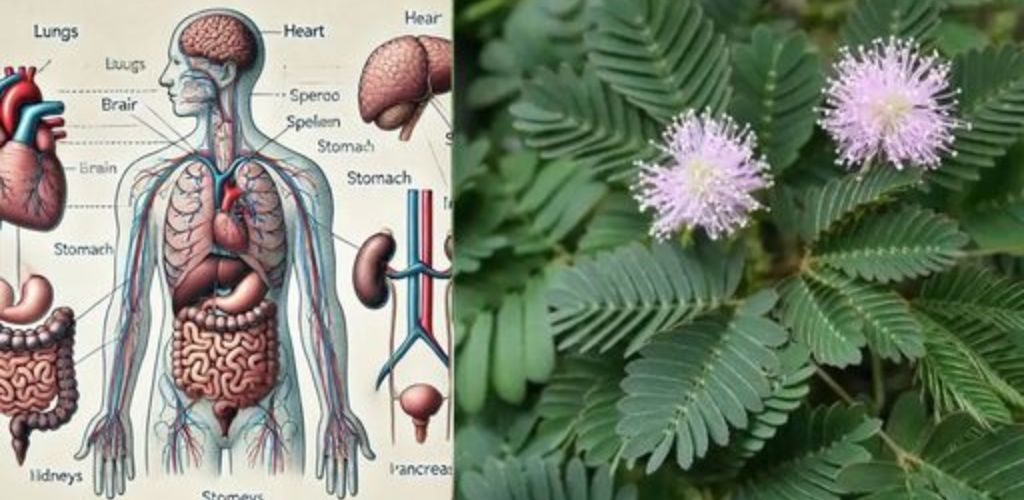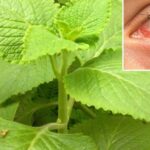This plant grows everywhere, we see it, but we miss its secrets and healing properties.
That’s a very common experience! Many “weeds” or readily available plants have hidden healing properties. Here are a few possibilities, keeping in mind that proper identification is crucial before using any plant for medicinal purposes:
1. Dandelion (Taraxacum officinale):
- Why it’s overlooked: It’s incredibly common in lawns and fields, often considered a nuisance.
- Healing properties:
- Rich in vitamins and minerals (A, C, K, potassium).
- Diuretic properties, supporting kidney function.
- May aid digestion.
- The root can be roasted and used as a coffee substitute.
- How to use: Leaves in salads, roots as tea, flowers for wine.
2. Plantain (Plantago major/lanceolata):
- Why it’s overlooked: Grows in sidewalk cracks and disturbed areas.
- Healing properties:
- Soothes insect bites, cuts, and minor wounds.
- May help with coughs and sore throats.
- Anti-inflammatory.
- How to use: Crushed leaves as a poultice, tea from leaves.
3. Chickweed (Stellaria media):
- Why it’s overlooked: Low-growing, often mixed in with other weeds.
- Healing properties:
- Soothes itchy skin and rashes.
- May help with coughs and congestion.
- Nutritious, containing vitamins and minerals.
- How to use: In salads, as a poultice, in teas.
4. Purslane (Portulaca oleracea):
- Why it’s overlooked: Often considered a weed in gardens.
- Healing properties:
- High in omega-3 fatty acids.
- Rich in vitamins and antioxidants.
- May help regulate blood sugar.
- How to use: In salads, stir-fries, or cooked like spinach.
5. Nettle (Urtica dioica):
- Why it’s overlooked: Because it stings.
- Healing properties:
- Rich in vitamins and minerals.
- May help with allergies.
- Anti-inflammatory.
- How to use: Cooked like spinach, in teas, or as a hair rinse.
Important Reminders:
- Identification: Always positively identify a plant before using it. Use reliable field guides or consult with an expert.
- Allergies: Be aware of potential allergies.
- Contamination: Avoid plants growing near roadsides or in areas that may be contaminated with pesticides or pollutants.
- Medical Advice: Consult with a healthcare professional before using any plant for medicinal purposes, especially if you have existing health conditions or are taking medications.


